6. Spirited Away (2002, Hayao Miyazaki) Tied with “Bloody Sunday”
Won over: Ozon’s “8 Women,” Gavras’s “Amen,” Eyre’s “Iris,” Forster’s “Monsters Ball,” Anderson’s “The Royal Tenenbaums,” Hallström’s “The Shipping News”
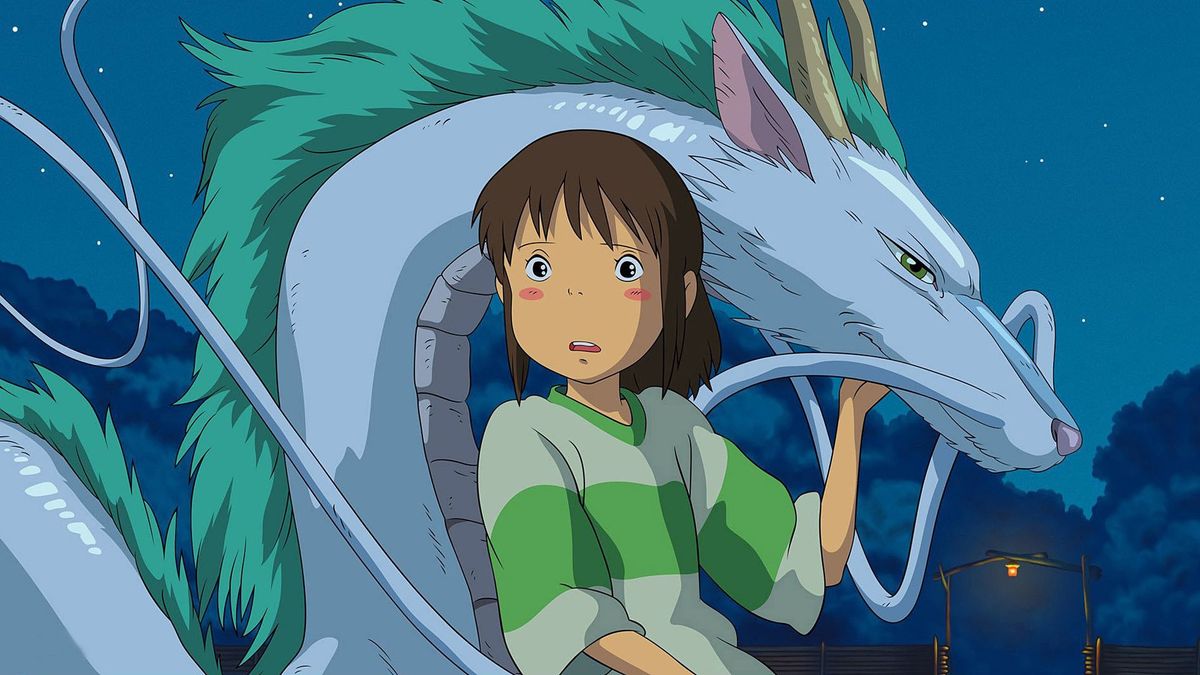
The mere fact that the most important prize of a distinguished international film festival is given to an animated movie shows a lot about Miyazaki’s work. His animation has very little to do with young audiences. They are rather dark parables of an alienated world full of monsters reflecting our fears.
It was paralleled to “Alice in Wonderland” as Chihiro, a 10-year-old girl, mistakenly enters a mysterious place with her parents, who turn into pigs after devouring some mysterious food (this reminds me of Ulysses’ “Circe”) and she enters a spelled castle where she tries to cope with the strange forces that rule this uneven world and free her parents from the spell.
Somewhere in the way between myth, tradition and postmodernity, Miyazaki created a powerful coming-of-age story of great beauty and astonishing metaphors.
5. Head-On (2004, Fatih Akin)
Won over: Jenkin’s “Monster,” Marston’s “Maria Full of Grace,” Linklater’s “Before Sunset,” Angelopoulos’ “The Weeping Meadow”
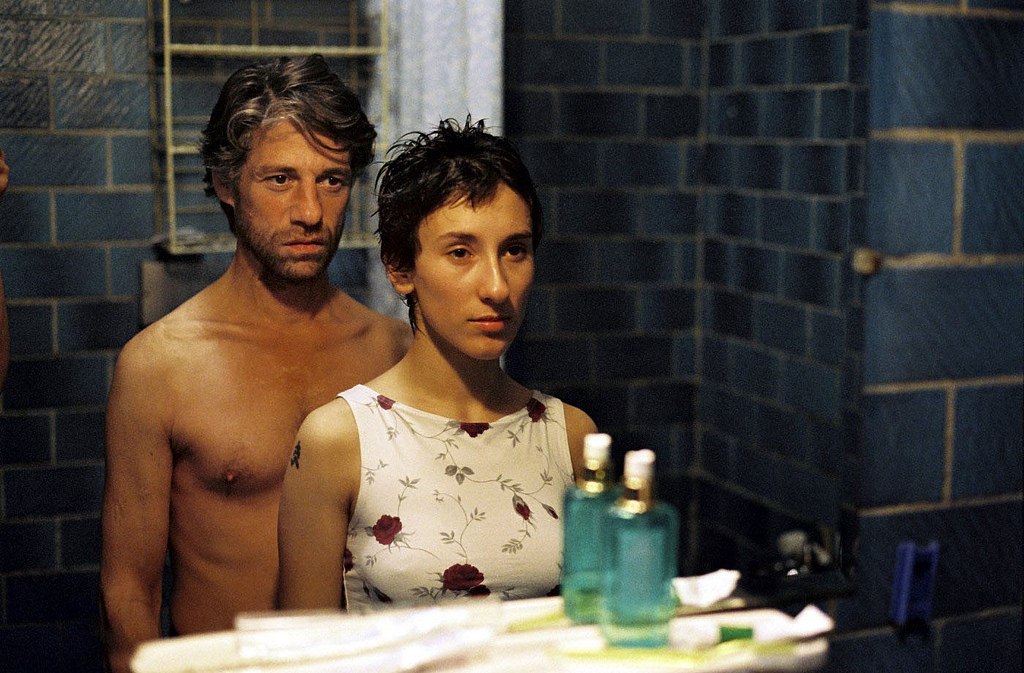
The only Golden Bear awarded to a German auteur in the 21st century goes to the most promising director of this country, the son of Turkish immigrants. Fatih Akin, in most of his films, tries to tell his own experience of immigration and dealing with different cultures.
In this movie, he narrates a sticky love story between two Germans of Turkish descent: Cahit, a 40-year-old alcoholic and drug addict who has given up on life after the death of his German wife, and survives by collecting bottles in bars; and Sibel, a 20-year-old girl who tries to escape from the vigilance of her father and brother. They meet each other in a rehabilitation center, after unsuccessful attempts to commit suicide, and Sibel proposes Cahit it do a ‘white marriage’ so that she can escape from her family. Cahit finally accepts and they start their common life, trying to set rules.
As both of his protagonists deny and try to get rid of their origins and fully assimilate into German culture, Akin highlights the difficulties of second-generation immigrants, especially when they come from a country as culturally different as Turkey. It is as if he narrates his own story, the path of the second generation immigrant to deal simultaneously with both the past and present, and at the same time, he tells a haunted love story of two people who couldn’t see what they really wanted: each other.
4. Bloody Sunday (2001, Paul Greengrass) Tied with “Spirited Away”
Won over: Ozon’s “8 Women,” Gavras’ “Amen,” Eyre’s “Iris,” Forster’s “Monster’s Ball,” Anderson’s “The Royal Tenenbaums” and Hallstrom’s “The Shipping News”
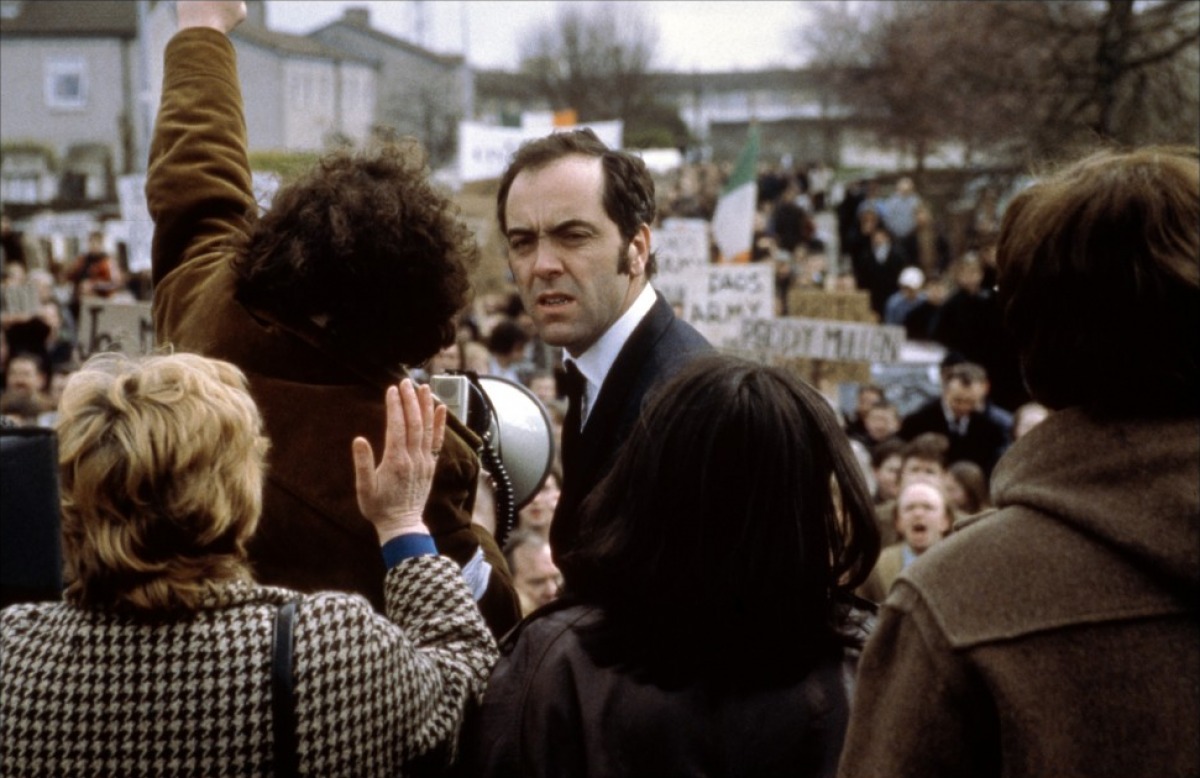
Breathtaking! Astonishingly vivid! Incredibly true!
Although first filmed for TV, it premiered at Sundance Film Festival winning the Audience Award for World Cinema, and soon after it was awarded with the Golden Bear in Berlinale. The movie depicts the bloodshed caused in 1972 by British parachutists during the peaceful demonstration organized by members of the Civil Rights Association against internment in Derry, Northern Ireland.
As the first investigation, run just after the incident, was largely criticized as a ‘whitewash’ that freed all military forces of any blame, a second one started in 1998. This film comes to reinforce the voices of the victims and their families who call for justice.
The filming is impressive: no soundtrack other the homonymous U2 song with the falling titles, close shots that are cut to be followed by the next shot, many facial close–ups, all of which keeps a vivid and unmediated narration.
Though the director and the crew do not pretend to keep an equal distance – what they do is denounce a crime – all the facets of the story are revealed, letting the audience come to their own conclusions. Many of the actors were ex-members of the British Army and relatives of the victims, while the priest was played by Don Mullan, the writer of the highly influential book that helped launch the new investigation and inspired the movie.
3. Child’s Pose (2013, Cãlin Peter Netzer)
Won Over: Lelio’s “Gloria” and Van Sant’s “Promised Land”

Berlinale awarded the Romanian New Wave by giving the Golden Bear to a robust family drama by Netzer. Romanian cineastes knew very well how to deal with the old and new realities in their country, how to face old wounds and new challenges, and they give us masterpieces of social cinema, like this Golden Bear winner.
Cornelia is an upper class woman in her 60s, whose main problem in life is her estranged son, whom she adores without thinking that he has fled away to avoid her intervening in his life. When he kills a boy in a car accident that was partly his fault, she believes that he needs her again and she tries to impose her will over him, her husband and his son’s wife. However, her increasing need to control his life won’t be without consequences: it is now, with facing a homicide and all the guilt it entails, that the mother-son relationship will go to its extremes.
A drama that is pure gold, with a tense emotional climax that in no way slips into melodrama, another diamond of national cinema that tends to convert into a cinematic school, as it strongly and firmly depicts human characters as they emerge from their social backgrounds. Powerful and minimal, with nothing more than what is absolutely needed, it surely deserves our attention!
2. A Separation (2011, Asghar Farhadi)
Won over: Fiennes’ “Corilianus” and Tarr’s “The Turin Horse”
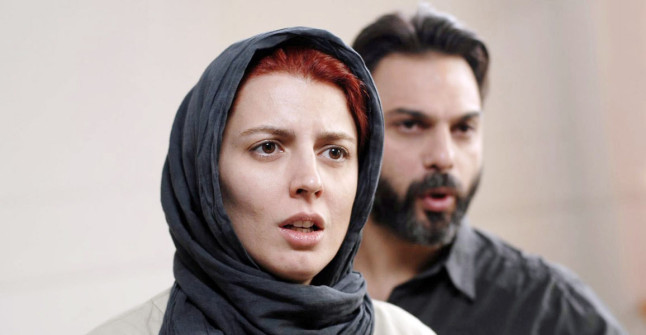
Maybe the most appraised non-English language movie of this century, Farhadi’s “A Separation” gave a breathtaking inner look into contemporary Iran in a film that gripped audiences all over the globe, and established Fahradi as one of the greatest modern directors.
Nader and Simin live harmoniously with their daughter until a dilemma rises between them: Simin wants to leave the country to get a better future for her daughter while Nader wants to stay and take care of his father, who suffers from Alzheimer’s disease. Nader is resolute and Simin moves to her parents and asks to divorce him. Nader is left alone to take care both of his elderly father and his teenage daughter, and he hires a woman to help him. And that brings him more problems than the ones it was supposed to solve.
Farhadi has a miraculous way of depicting human characters and giving them a liveliness that’s little known to Western cineastes. It is as though he opens a small window into people’s houses and let us see through it. His protagonists are actually standing next to us; there is no filter between us and we can sense their agonies and fears and understand their reactions.
That is what makes Farhadi’s cinema so magical and successful: even though it originates from a totally different culture, from a country about which we know very little as it’s been embargoed for decades and has very little interaction with the rest of the world, from a regime notorious for its theocratic, austere principles, his films manage to both portray an unknown and yet very fascinating country and its social structure and, at the same time, deals with problems of universal concern, such as marriage and divorce, child-parent relationships and commitment.
1. Caesar Must Die (2012, Vittorio and Paolo Taviani)
Won over: Gomes’ “Tabu,” Meier’s “Sister Nguyen’s Rebelle” and Arcel’s “A Royal Affair”

Let us consider the first place on this list as a tribute to recently deceased Vittorio Taviani, a grand maître of Italian cinema who, together with his brother Paolo, directed their last movie in a high security prison, following the rehearsal of a group of prisoners – many of them long-timers – on Shakespeare’s “Julius Caesar.”
It was a rather controversial award. Many critics attacked the jury for its decision, naming it a “major upset,” “a very conservative selection,” and condemning Mike Leigh, the president of the jury, for “playing it safe” with the two veterans of Italian political cinema.
However, “Caesar Must Die” is a strongly humanistic film and a bold attempt to pass through the hermetically closed doors of the prison to get to the real people who live there and let them tell us their stories, even through the words of Shakespeare.
The movie is captivating and emotionally strong, as it portrays the protagonists of the play in their effort to escape through theater their imprisonment, how art becomes a way to approach differently themselves and the others, and how performing helps expression. “Now that got to know art, my cell is like a prison.”
Paolo Taviani, in the awards ceremony, said that he hoped moviegoers will realize that even the cruelest criminal is still a human being. Vittorio read the names of the protagonists, who couldn’t assist the ceremony. One of them – Brutus – became an actor after released. Two of them are writers.
Out of ranking: Touch Me Not (2018, Adina Pintilie)
Won over: Jaquot’s “Eva” and Gus Van Sant’s “Don’t Worry, He Won’t Get Far on Foot.”
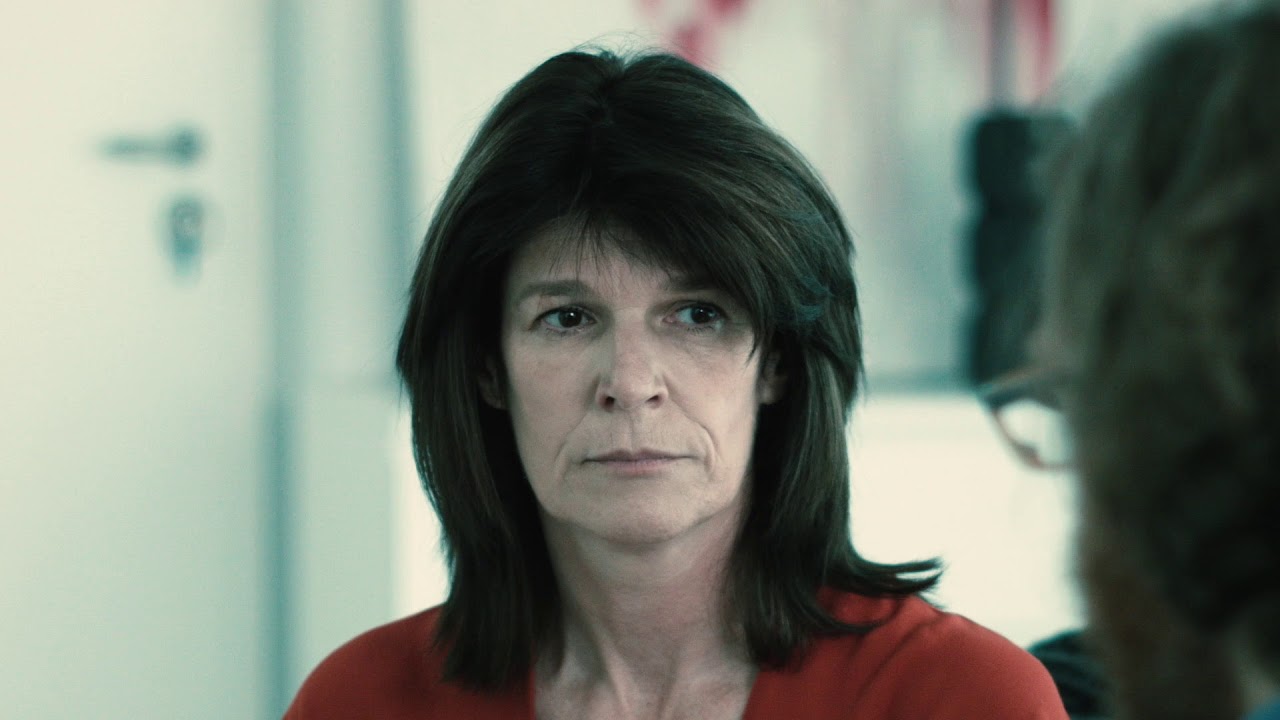
The 2018 choice for the Golden Bear was a very controversial one. It is an experimental project that the Romanian director, set in the U.K., about human intimacy and sexuality, about the way people touch or prefer not to touch each other, about the boundaries of beauty and ugliness, health and disease, fitness and disability, in an inconvenient way that shocked the audience and divided critics.
Laura, a woman in her 50s with problematic sexual life – her main concern is that she wants to enjoy without being touched – tries to find a solution to her problem by visiting various therapists and inviting over a transgender prostitute. Then the camera visits a therapy group where other people, with or without physical disabilities, talk about their sexual desires and how they try to achieve them.
It is a mixed documentary and feature film, a project based on psychoanalysis where the notion of actor and non-actor is gone. Pintilie tries to find the beauty that emerges from the soul and the mind, not the one found in our physical traits. That is why her protagonists are people with deformities that make us feel awkward, at least at first.
The film was met with hard polemics. While some of the audience – according to comments – attacked Romanian cinema on a whole, and others stated that they are ashamed of being Romanians because of this movie. Critics like Peter Bradshaw in The Guardian called it “embarrassingly awful” and its award at Berlinale “a calamity for the festival.”
Well, experimentation and innovation in art is not easily accepted. It seems that Pintilie broke conventional ties on representing the human body and treating sexuality. Its award in Berlinale may be explained as a decision of the festival organizers to go on in promoting new forms and new auteurs in the cinema world, to keep off the beaten track, to be the Europe’s alternative film festival.
Author Bio: Regina Zervou is cultural sociologist who took some fifteen years to move from carnival and popular culture studies to cinema theory. An afficionado of movies since she was twelve, she loves the way reality and ‘surreality’ is depicted on the screen. When not watching movies, she loves walking the dogs, swimming, cooking for her children or traveling someplace in Africa or South America to take some pictures.